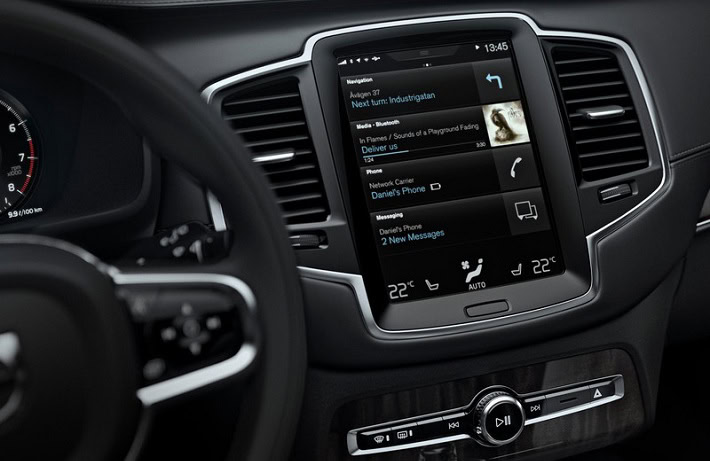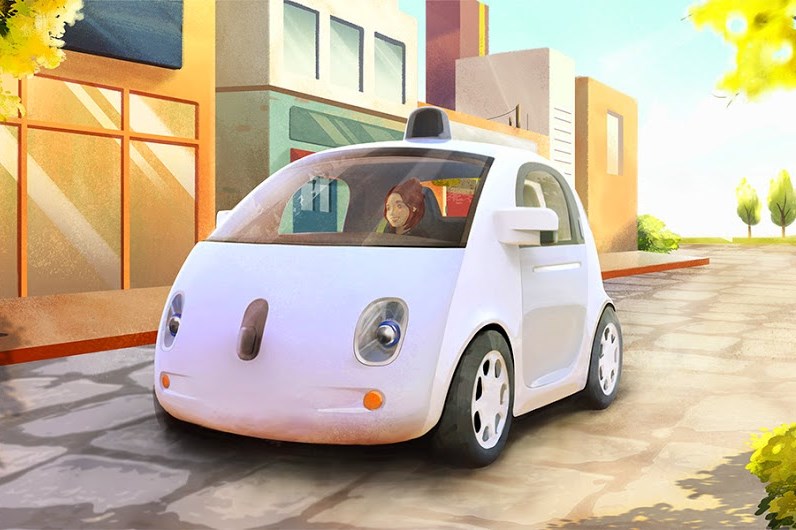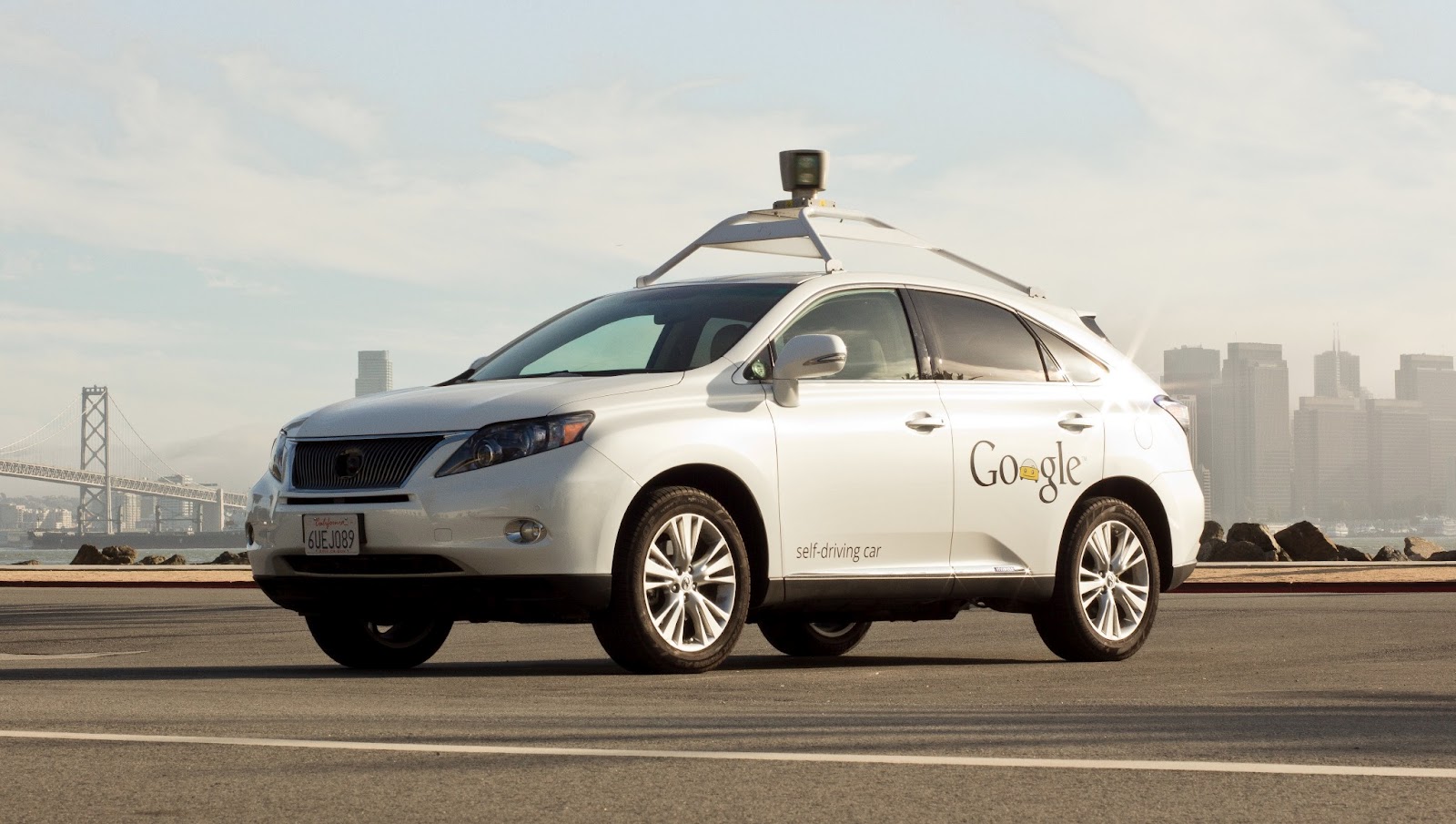Affiliate links on Android Authority may earn us a commission. Learn more.
Volvo putting real families in self-driving cars on public roads to test safety
Published onMay 2, 2016

Volvo may have just signed a deal with Google and other car companies in the U.S. to lobby for getting self-driving vehicles on public roads, but the various state-based legal hurdles the autonomous vehicle coalition faces in America don’t exist in the UK. This is why Volvo UK has just announced it will begin testing self-driving cars in London with real families on public roads as soon as next year.

If this sounds like a slightly dangerous move when autonomous vehicles are far from mature and have recently clocked the first self-driving car accident where the car itself was at fault, then it’s probably because it is. Perhaps justifiably though, Volvo believes real-life scenarios are the only way to get real world data.
The trial is intended “to speed up the introduction of a technology that promises to massively reduce car accidents as well as free up congested roads and save drivers valuable time”. Volvo is going gung ho on the new technology and using its invention of the three-point seat belt in 1959 to reiterate that it has always had driver safety at heart.
Volvo wants to to have no deaths or serious injuries attributed to new Volvo vehicles by the year 2020.
Volvo’s motivation in this plan is its stated goal to have no deaths or serious injuries attributed to new Volvo vehicles by the year 2020. With the first self-driving cars to be hitting the streets – and hopefully nothing else – next year, with 100 vehicles planned to be on the roads by 2018, bypassing the test track/company driver phase is the quickest way to get autonomous vehicles on the road and accepted as safe as quickly as possible.
While we can only hope Volvo’s fast track enthusiasm doesn’t inadvertently result in accidents because they didn’t spend enough time in the R&D stage, it must be acknowledged that while self-driving vehicles will never be perfect, all they really need to be is better than humans at avoiding accidents. To that end they have already demonstrated that they are, with a redoubtable track record considering the millions of miles they have already travelled (one very minor fender bender with a bus being the only casualty thus far).
90% of current car accidents are attributed to driver error or distraction.
The program, called ‘Drive Me London’, will kick off early in 2017. It aims to tackle four main areas of concern to British drivers: safety, congestion, time-saving and pollution. With 90% of current accidents attributed to driver error or distraction, driverless cars will completely remove that part of the equation from our roads.

“Vehicle manufacturers are predicting that highly autonomous vehicles, capable of allowing the driver to drop ‘out of the loop’ for certain sections of their journey, will be available from around 2021” Volvo claims. The company goes on to cite research that “predicts that by 2035, as a result of autonomous and connected cars, crashes will be reduced by 80%”. Even if getting to this future presents certain risks now, it’s absolutely a future worth investing in.
What do you think of this plan? Are you happy to see the introduction of driverless cars?